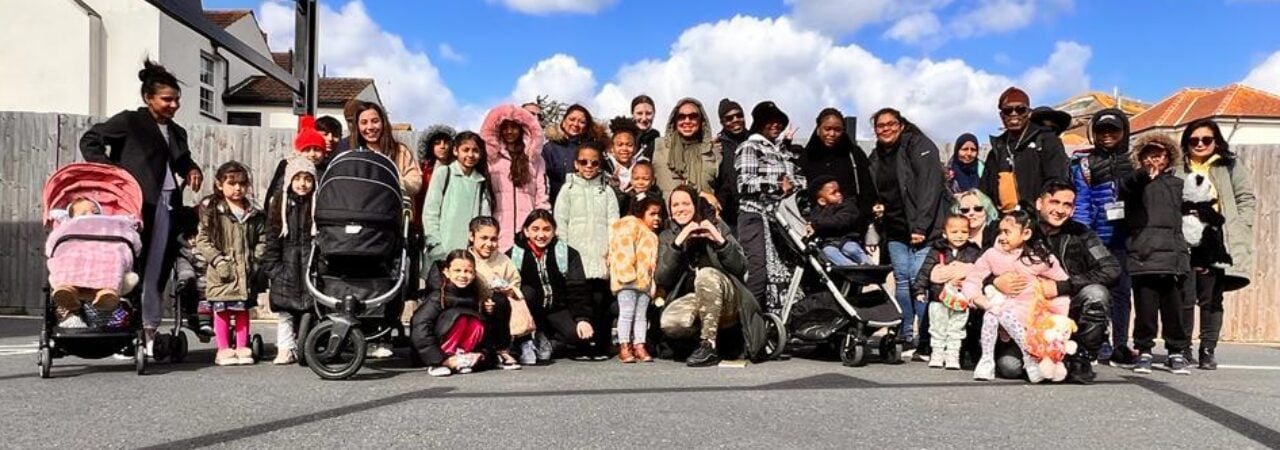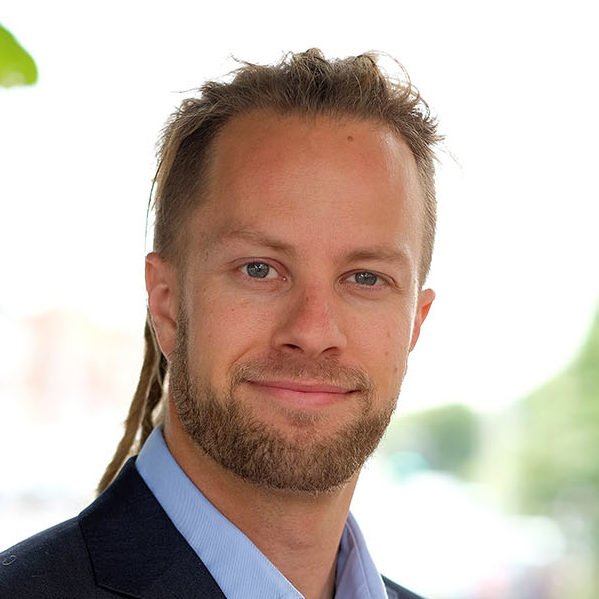Last month, I shared some thoughts I had whilst on sabbatical. I hope you didn’t mind the excessive sharing or personal photos. I expected that, on my sabbatical, I might reconsider LifeLine’s vision, mission, and activities.
I thought visiting other charity leaders would inspire me with new ideas that I would be raring to apply to East London. I was impressed and inspired by people the I met and the good work their organisations do. But my time away only served to make me more committed to our existing approach. I have the ambition for us to double down on the work we do.
In this article, I will expand on the key elements of our vision and mission.
One of the first things I did learn on my break was the impact of offering free services. Free services are sometimes taken advantage of by other organisations. When provided with a free service, some organisations refer their most disadvantaged service users as this frees up their own often-overworked staff.
Unfortunately, the organisation providing the free service does not factor this in. They find themselves suddenly having to provide more resources or budget than envisaged. This then affects their capacity to measure the impact of their work or the time to develop and grow their service. I learnt that organisations that offer a free service are not respected as much as organisations that do charge a fee. Sadly, in the worst-case scenario organisations providing free services end up not getting recognised as experts in their field.
There was an organisation I visited that mentored young people with special needs. Their wonderful work was teaching and providing much needed life skills. LifeLine could provide a similar service, but from what I observed, I knew it was too specialised a field for us.
Our focus is on creating agents of change—people that can help other people in their communities. We want to help people become leaders of their own lives and leaders in their communities, mentoring others and setting up projects. We also want our staff to outgrow us and come back to us with new skills as partners and managers.
We have changed radically over the last 23 years. For instance, we’ve moved away from payment-by-results employability programmes. There is still a need for programmes like that, but that’s not our focus. I also still believe that systems need changing. As we’ve increased our mentoring in schools, I’m immensely proud to see that we were invited to take part in setting up the London Mayor’s Mentoring Quality Framework. We’ve also helped with how schools look at exclusions and we’ve advocated for more inclusion.
We want to reach out and provide support for communities in more London boroughs.
If we double down:
- We’ll create more opportunities to mentor in more London boroughs
- We’ll increase the number of mentors to support more young people
- We’ll increase the number of Parent Mentors to support more parents and carers
- We’ll provide more support for parents, carers and their families
- We’ll provide more support for people and their health in more London boroughs
- We’ll make a bigger impact and create more reach
Our vision: Impacting individuals, influencing systems
Impacting individuals. We do this through providing mentoring, positive activities, advocacy, breast feeding peer support and a host of other services. We organise these services in a way that as people access support they also build relationships and resilience. We evidence the impact through case studies and tools discussed in these articles. It is due to our impact that funders choose to invest in our programmes.
We are proud of the impact we have but we also recognise it’s limited. And we recognise we can have a greater impact by also influencing the way systems operate. We don’t just accept funding—we have a voice into our stakeholders and funders through sitting on numerous boards and panels and through exemplifying our work. We want to share our approaches so that others outside of our delivery areas can share the good practice.
Many great charities fund-raise so that they can provide their services for free. As we want to have an influence as well as an impact, we are committed to charging for our services. We know that people value the things they have to pay for. If commissioners have to pay for our services, they will pay greater attention and we can have a greater influence, sharing our success to a wider sphere.
Our mission: Our programmes release people to be agents of change in their communities.
LifeLine was founded 23 years ago. Earlier this year, we featured John Singleton, my father and founder of LifeLine, in our spotlight article, in which he stated that one of the reasons LifeLine was formed was to help people to become more supportive and helpful to each other. (As a small aside, I was both proud and humbled last week to see my father meet HRH King Charles III and be presented with an MBE for his many years of charitable service).
23 years on, we still don’t want people to become dependent on our services—we want them to replicate our services. We want apprentices, rather than beneficiaries. And this impacts how we structure all our work. We believe the people we work with can help others and, often, they are helped most through this helping of others. Our whole approach is to empower those that we support to see how ‘one good turn deserves another’.



